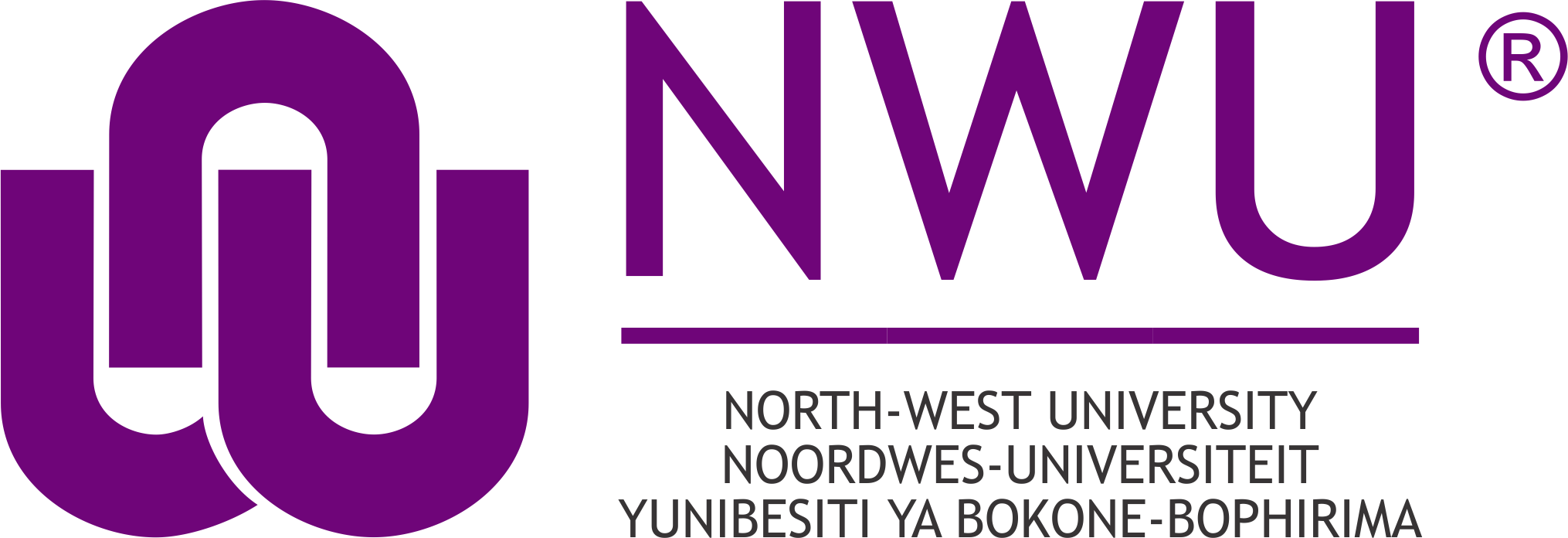Project launched in MASCCOM Training Centre
We are living in times in which we are required to support our learners to acquire new ways of learning and the competencies needed for them to enter and be successful in their studies and careers in engineering. These are challenging times in which we need to empower learners for the “new normal” to study and work in the fourth industrial revolution.
The Faculty of Engineering and the Faculty of Education at the North-West University (NWU) recently launched an initiative to reach out to “second-chance” Grade 12s at the MASCCOM Training Centre in the Mahikeng area, by establishing a techno-blended support programme to support the learners and teachers to improve the learners’ achievement in mathematics and the sciences, which are essential subjects when enrolling for a career in engineering and other so-called STEAM (science, technology, engineering, art [design, problem-solving] and mathematics) fields.
The MASCCOM centre, which is located next to the Mahikeng Campus of the NWU, offers a one-year “second-chance” Grade 12 programme for mathematics, physical sciences and life sciences. Through this initiative, the faculties are extending the NWU’s pipeline of students for university studies that require good pass marks in mathematics and the sciences.
Sponsored by the Nedbank Eyethu Community Trust, the faculties have been collaborating with the North West Department of Basic Education and Nelson Mandela University’s Govan Mbeki Mathematics Development Centre (GMMDC) to establish a pilot programme to empower learners from the MASCCOM Training Centre with the aid of the GammaTutor and related technologies developed by the GMMDC. The programme aims to support “second-chance” learners to improve their proficiency in mathematics and the sciences. It also aims to develop additional “soft” skills, which include personal development, study skills and vocational skills that are essential for their future careers in the STEAM environment. The training is furthermore not only aimed at helping learners, but also promotes the development of professional teachers through academic training and support. Once established and assessed, the programme can serve as model to be extended to and applied in other areas, even for prospective university students in Grade 11 and Grade 12.
“The goal of the collaboration is to address the challenges that we are faced with in the STEAM fields. We need more students to enter the STEAM fields and that is what we want to offer the MASCCOM learners – an opportunity to do well in their studies and to develop the necessary skills to be very successful in their studies,” says Professor Hercules Nieuwoudt of the NWU’s Faculty of Engineering.
More on the GammaTutor
The GammaTutor is a plug-and-play device that transforms any USB-accessible screen, TV or data projector into an instant presentation system. It works offline and does not require Internet access, offers flexible access and user-friendly support and is stimulating and meaningful. The Gamma-assisted offline platforms developed by the GMMDC that are offered at the MASCCOM centre will facilitate the integration of interactive ICT (including the MobiTutorZA smartphone app) and other materials for self-directed and CAPS-aligned teaching and learning of mathematics and the sciences in the classroom, and also provide structured technology-assisted after-school peer learner support (TAPS).
A cohort of MASCCOM mathematics, physical sciences and life sciences teachers and facilitators started training in August 2020 and will continue to be trained and mentored with the aid of the GammaTutor software and support materials to deliver the curriculum effectively in classrooms and to provide technology-assisted after-school support. They will also be able to implement and sustain learner support over a distance during the current COVID-19 lockdown period and beyond. The GammaTutor offers 24/7 personal offline tutor support for selected learners, especially those who are in need of additional assistance.
MobiTutorZA app
Another GMMDC-developed resource that will be available at MASCCOM is the MobiTutorZA smartphone app, which is targeted at learners and is used for self-directed learning at school or home and for holiday schooling, as well as for revision and preparing for examinations. Learners can access GammaTutor/TouchTutor material by downloading the app on their smartphones. It is an Android-based app and is available in the Play Store. One of the main uses of the app is to provide curriculum support, and learners can download past papers and memos and do self-tests that are consistent with the CAPS curriculum.
Roll-out plan at MASCCOM
Since the roll-out of the pilot project, the MASCCOM Training Centre’s “second-chance” Grade 12 learners have had access to 60 Gamma devices at the centre, which are pre-installed with GammaTutor software. Peripherals such as a mouse, HDMI-VGA adaptor, multi-plugs and leads have also been provided, as will 60 HDMI digital screens with built-in speakers. In addition, for preparation and teaching purposes, teachers and facilitators have access to 20 more Gamma packages and 15 Webcams for use with laptops. In view of the COVID-19 conditions, 220 sets of appropriate PPE comprising project-branded masks and beanies have been provided too.
The NMU-NWU Gamma team provided hands-on training and support for teachers and students at the MASCCOM school on 29 September 2020, which will be followed up by a series of Zoom training sessions in October 2020 (and beyond) to eventually establish a professional learning network (PLN) of teachers and subject specialists, and technical support and quality assurance.
“Through this project, we will be training and educating future engineers, as well as training maths and science teachers to better equip them as successful educators. This is an opportunity for the NWU's Faculty of Engineering to expand our footprint in terms of engineering to our Mahikeng Campus, because we now have this pipeline,” says Prof Liezl van Dyk, executive dean of the Faculty of Engineering.
Contact person: Keabetswe Gopane
Contact details: 018 299 1665/ [email protected].
Editorial Contacts
